In today's fast-paced world, technological advancements can sometimes shift the landscape of our work environments dramatically. It's not uncommon for these changes to prompt us to reevaluate our career paths and make tough decisions. If you find yourself in a similar position and need a thoughtful way to express your resignation, we have a letter template that can guide you through the process gracefully. Dive into the details and discover how to articulate your transition in a professional manner!

Adaptability to Technology
In an era where rapid technological advancements shape various industries, many professionals find themselves reconsidering their career paths. Frequent updates in automation systems and artificial intelligence influence workplace dynamics significantly. Organizations that previously thrived on conventional methodologies now embrace innovative technologies, necessitating continuous skill updates. For example, companies in the finance sector integrate machine learning algorithms for data analysis, altering job roles and responsibilities. Employees often feel compelled to enhance their adaptability to these changes, leading some to pursue opportunities in tech-driven environments. The shift towards remote collaboration tools like Zoom and Slack emphasizes the need for proficiency in digital communication platforms. As a result, individuals who struggle to align with these advancements may consider resigning to seek roles that better fit their technical capabilities and career aspirations.
Skillset Relevance
Advancements in technology have led to significant shifts in job requirements, particularly in sectors like Information Technology and Digital Marketing. The rapid integration of Artificial Intelligence and Machine Learning has rendered traditional skills, such as manual data entry and basic coding languages, less relevant. Companies like Google and Amazon increasingly prioritize candidates with expertise in data analytics and cloud computing. Furthermore, organizations are emphasizing the need for adaptability and continuous learning due to evolving software and tools. This paradigm shift in skillset relevance necessitates a reevaluation of career paths, prompting professionals to seek opportunities aligned with the new technological landscape.
Impact on Job Role
Resignation due to rapid advancements in technology can significantly alter job roles and responsibilities. For example, the integration of artificial intelligence (AI) and automation tools in industries such as finance, healthcare, and manufacturing has transformed traditional tasks, resulting in a decreased need for manual labor. Employees may find their roles evolving into more strategic positions requiring advanced technical skills, leading to job dissatisfaction for those unable or unwilling to adapt. Additionally, changes in software platforms and digital communication methods can impact collaboration and workflow, necessitating continuous upskilling. This technological shift can create uncertainty, prompting individuals to seek opportunities in more stable environments or industries that align with their skill sets and career aspirations.
Organizational Support
Resignation from a position due to significant technological changes requires thoughtful communication. Affected individuals may experience challenges adapting to new software systems, automation tools, or digital platforms that impact job functions directly. Companies like TechCorp in Silicon Valley may implement rapid advancements, leading employees to feel inadequate or overwhelmed. This experience becomes pronounced when organizations fail to provide adequate training or support during transitions. Moreover, the emotional toll of constant change can create a culture of uncertainty, prompting professionals to reevaluate their career paths. Employees might seek stability in industries less impacted by such technological upheaval, striving for environments that prioritize ongoing development and support.
Future Career Prospects
Rapid technological advancements are reshaping industries, creating a significant impact on career opportunities and job roles. Automation and artificial intelligence (AI) have transformed the workplace landscape, with companies increasingly adopting software solutions to improve efficiency. Workers in fields like manufacturing have seen a notable decline in traditional roles due to robotics, while sectors like IT and data analysis are experiencing a surge in demand for skilled professionals. For example, job listings for data scientists have increased by 40% in the last three years, reflecting the industry's shift toward data-driven decision-making. Furthermore, emerging technologies such as machine learning and blockchain are opening new career pathways, enticing individuals to pursue further education and training. Continuous learning and adaptability are now essential attributes for future career prospects in this evolving job market.

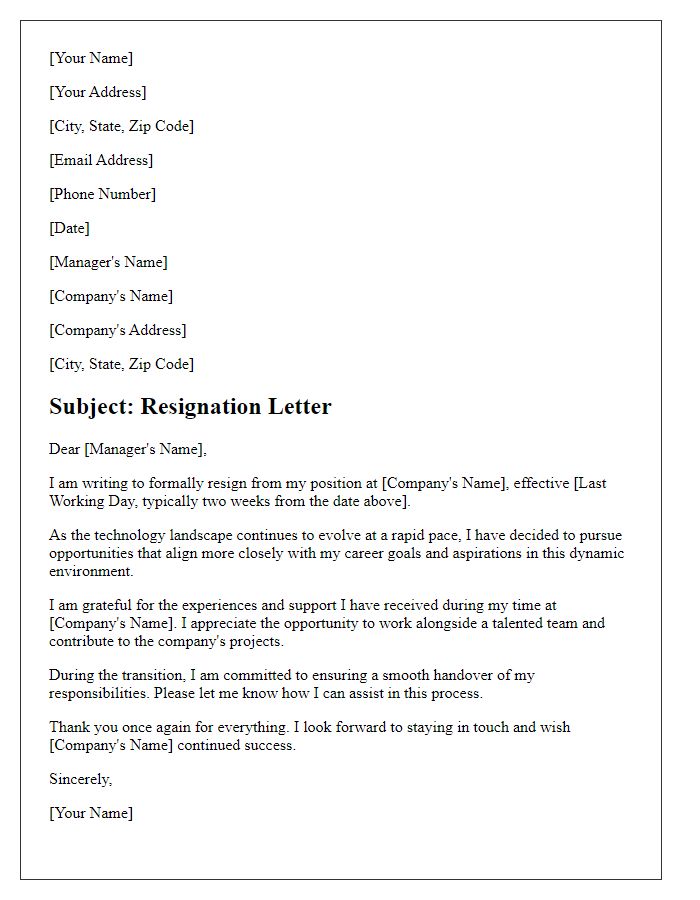
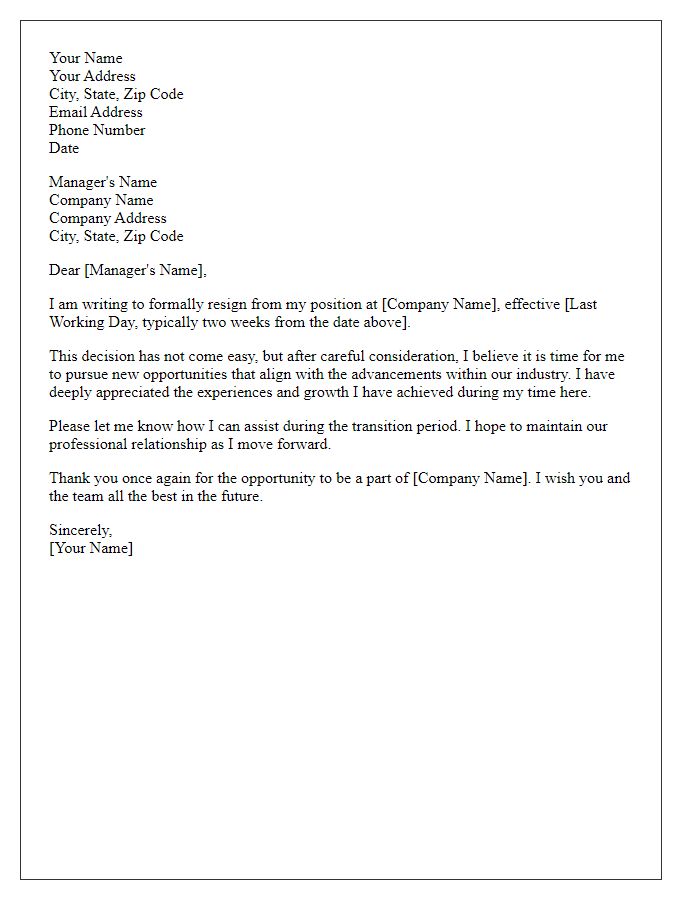
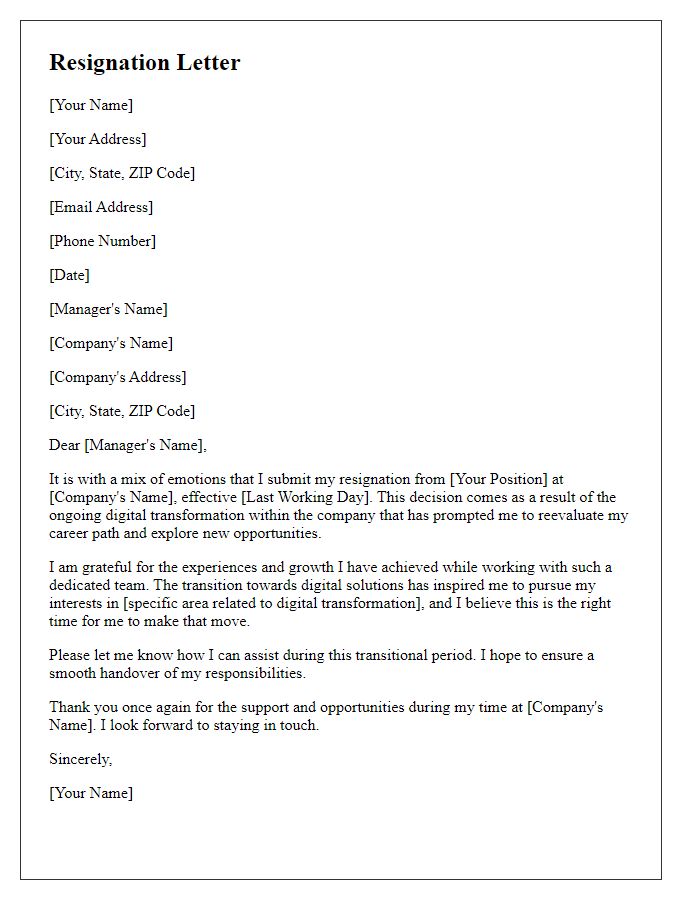
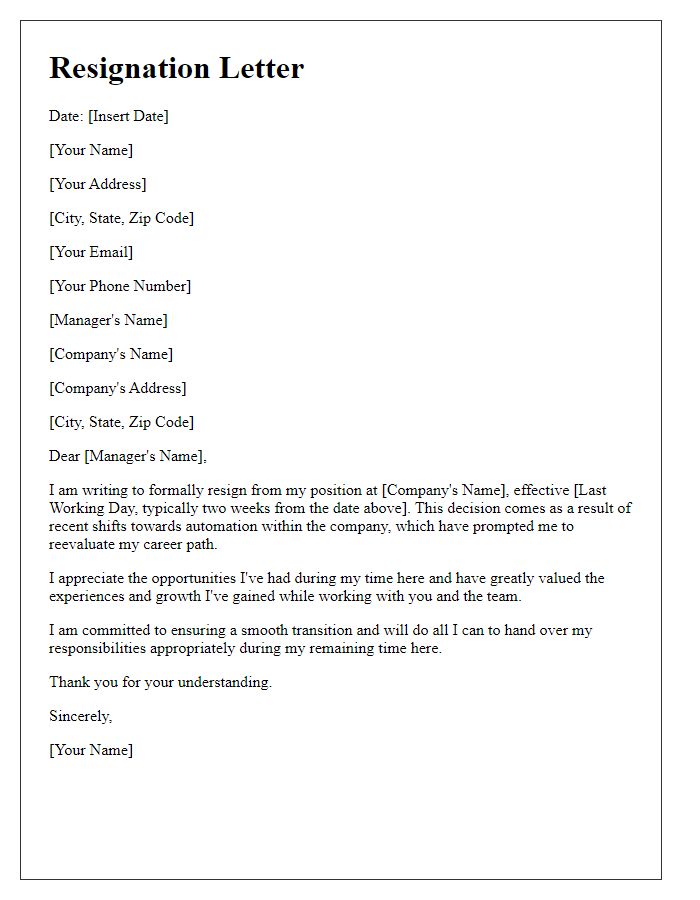
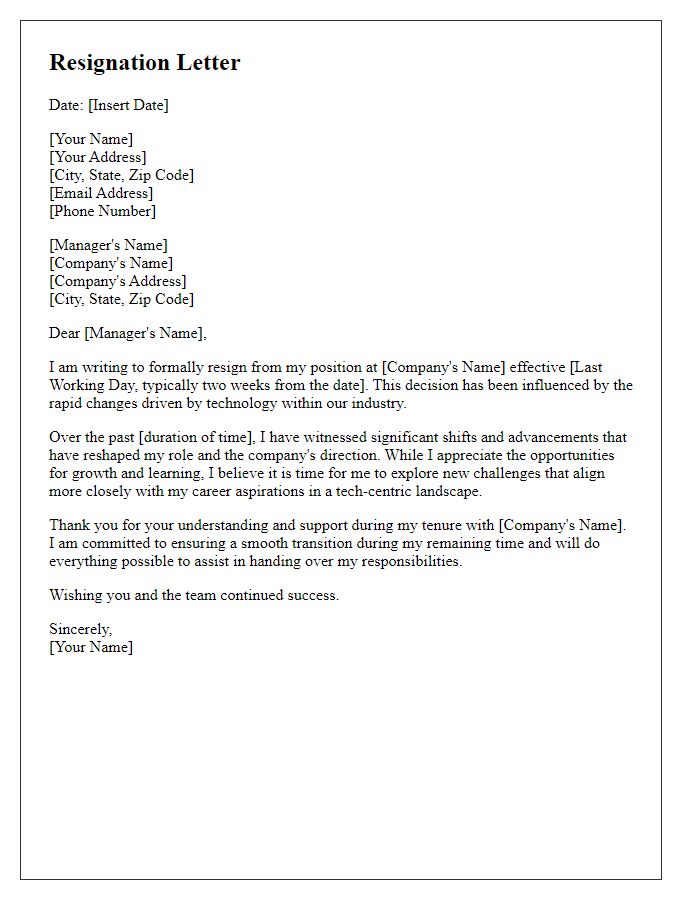
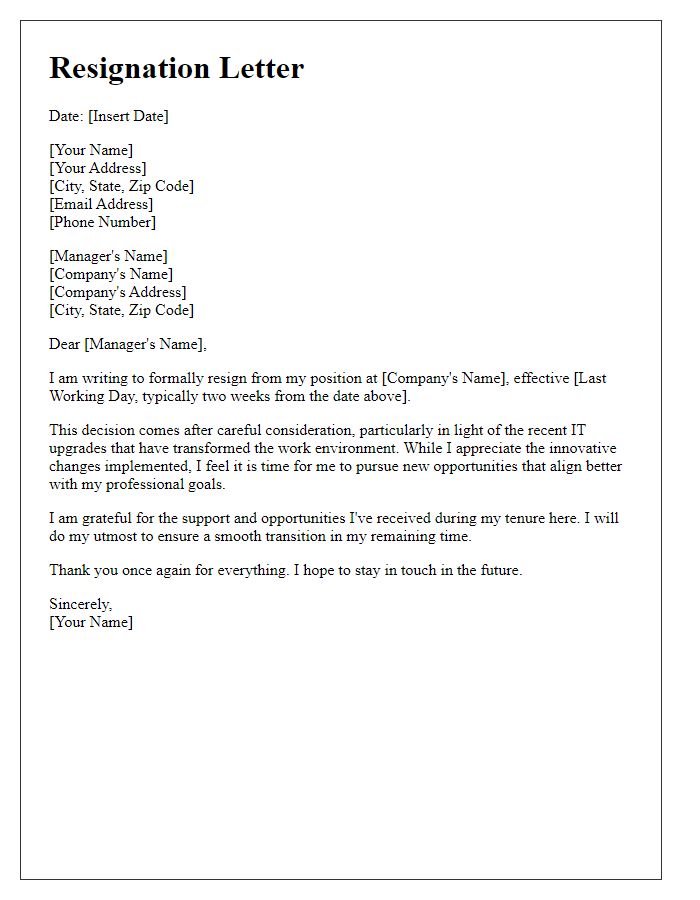
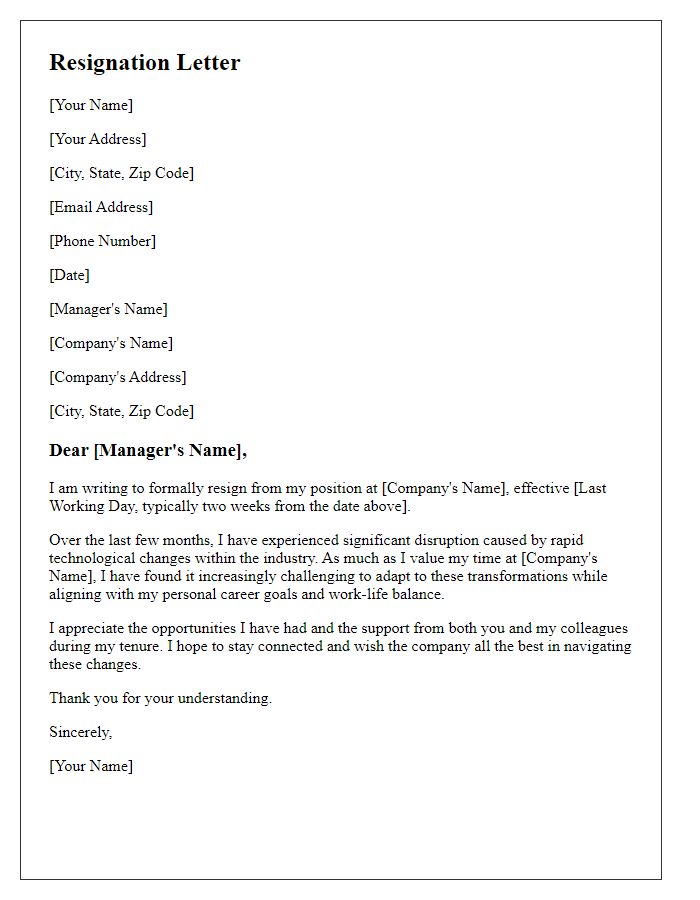
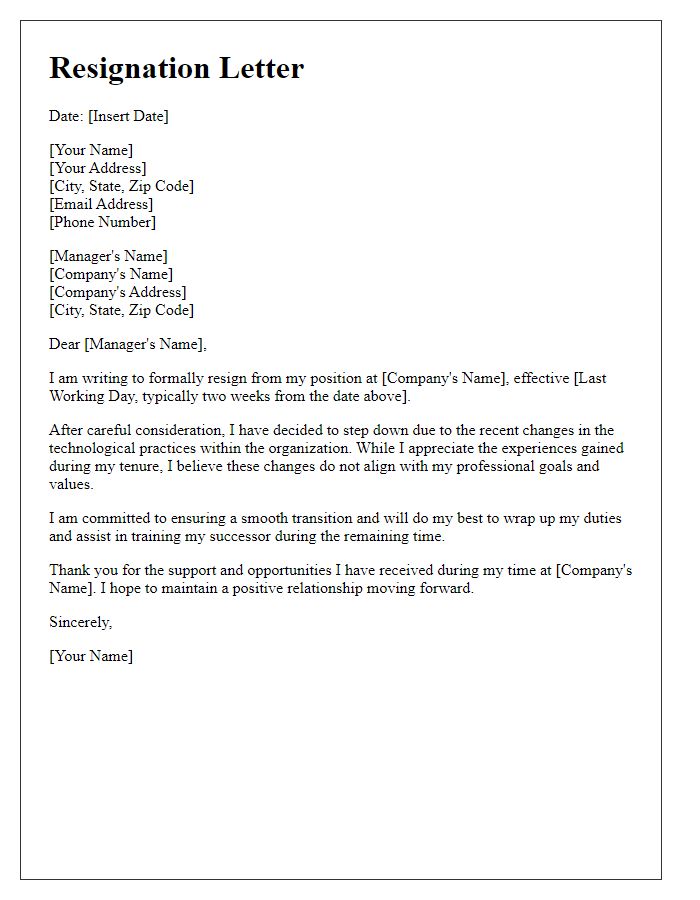
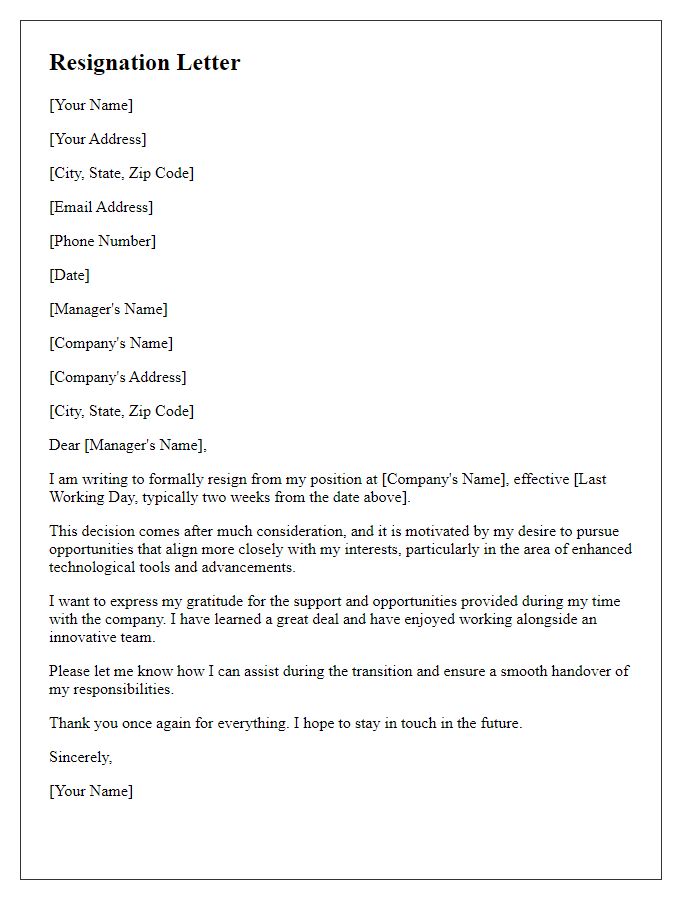
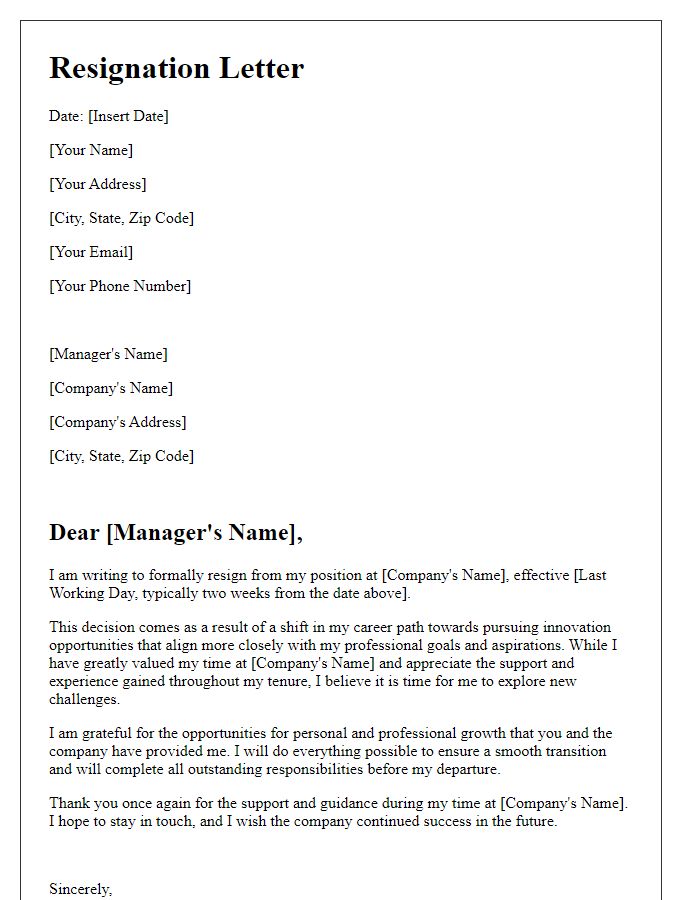


Comments